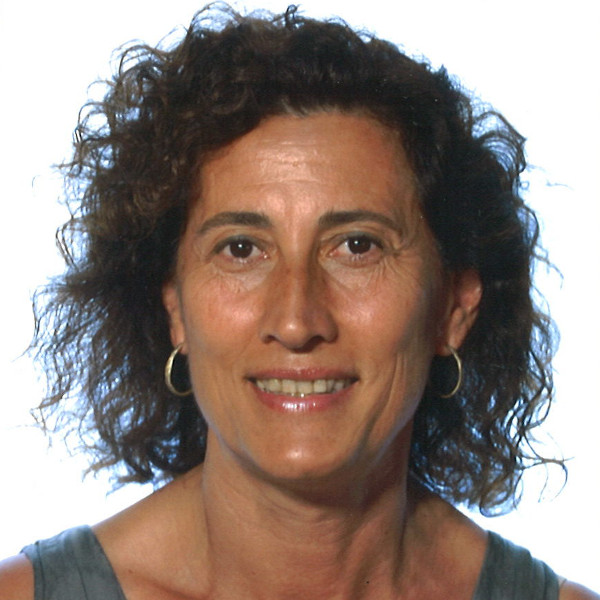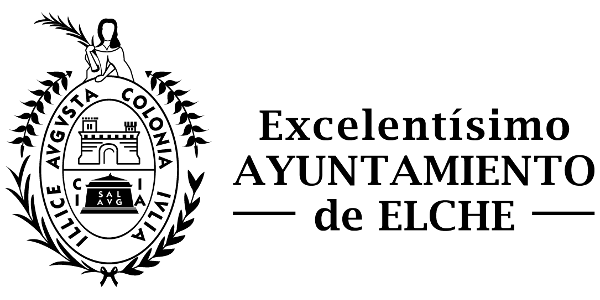Speaker

NURIA DE LA OSA
AUTONOMOUS UNIVERSITY OF BARCELONA. SPAIN
PhD in Psychology from the Autonomous University of Barcelona, specializing in Clinical Psychology and Language and Hearing Disorders. She has focused her work on the study of child clinical psychology, particularly in prevention, evaluation, and diagnosis, showing a special interest in factors contributing to mental health problems in the child and adolescent population.
Currently, her research focuses on the psychological vulnerability factors of Oppositional Defiant Disorder (ODD), developing tools for its developmental study and assessing aspects such as educational style, temperament, and social cognition from preschool stages.
Additionally, she has been a researcher at the Epidemiology and Diagnosis Unit in Developmental Psychopathology since its inception in 1992, and professor of Psychological Evaluation at the Autonomous University of Barcelona since 1997. She teaches Clinical Evaluation in Childhood and Adolescence in the undergraduate program, as well as in the Master’s in General Health Psychology and the Master’s in Clinical and Health Psychology Research, and in the Doctoral Program in Clinical and Health Psychology at the UAB.
She is the author of numerous scientific articles and publications in international journals on psychological evaluation, diagnosis and assessment tools, developmental psychopathology, and specifically on behavioral problems.
Assessment of weight stigma: Developments and controversies

Weight stigma, particularly Weight Bias Internalization (WBI), has negative consequences for both physical and psychological health, and constitutes a significant barrier to the treatment and prevention of obesity. In the child and adolescent population, WBI has been associated with mental health problems, eating disturbances, social functioning, and physical health and health-related behaviors. However, research on weight stigma in these populations is scarce, particularly in the Mediterranean region. The development of quality instruments for assessing different facets of stigma, such as stigma experiences, internalization, or anti-obesity attitudes, is crucial for addressing it appropriately.
This symposium will address the assessment of weight stigma from a global perspective, highlighting the main advances made, as well as the most prominent controversies, drawing on the results of the first epidemiological study on weight stigma and its impact on adolescents conducted in Spain. Additionally, the principles of motivational interviewing in pediatric obesity will be presented, as well as the Spanish adaptation for adolescents of one of the few available instruments for assessing WBI, and the position of the Board for the Prevention of Eating Disorders, coordinated by the Public Health Agency of Catalonia, regarding the indiscriminate practice of anthropometric measurements in schools.










